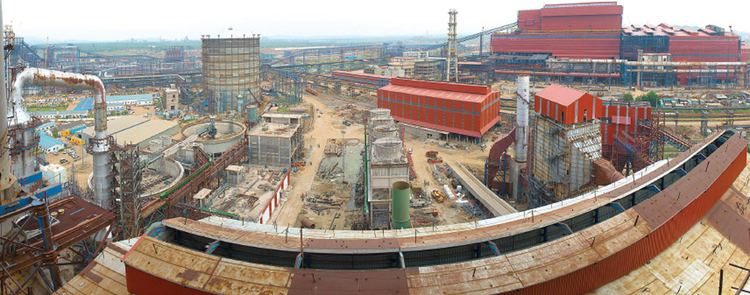Jajpur: Despite the fact that Jajpur is a natural resource-rich district, effective development still eludes local people here. In such a situation, thousands of local youths run from pillar to post in search of jobs, a report said.
In the pretext of development in the region, the state government has given permission to many industrial houses to set up their units in Jajpur district. Locals have resented this several times through agitations, protests and sit-ins. Company authorities manage the situations without giving appointments to local youths.
Worthy to note that Jajpur district has 90 per cent of the chrome mines in the country including deposits of many of the minor minerals. Moreover, it has 13 large steel industries and four cement grinding units here.
However, displaced locals have faced industrialisation of the district, at the cost of their ancestral properties. The tribal culture and tradition have been badly affected due to the industrialisation process.
Industrial houses give jobs to poor tribal people and local youths on the pretext of adhering to state government’s guidelines. Subsequently, the youths are removed from jobs, locals allege.
Likewise, major rivers flowing through this district are Brahmani, Kharasrota, Baitarani, Birupa, Kelua and Kushei. There are also streams and other water bodies in the district. In sharp contrast to this, hundreds of minor lift irrigation projects and major lift irrigation projects in the district have turned unusable.
Insufficient irrigation facilities have resulted in improper irrigation of farmlands and low agricultural production. Local farmers have refuted the claim of the district administration that out of 1,45,450 hectares in Jajpur, 66,613 hectares are irrigated in kharif season and 38,054 hectares are irrigated in rabi season.
Similarly, as part of the core networking, road connectivity is still lacking in 133 villages out of a total of 1781 villages in Jajpur. The locals have resented the inertia of people’s representatives and apathetic attitude of government officials for the slow pace of development.






































